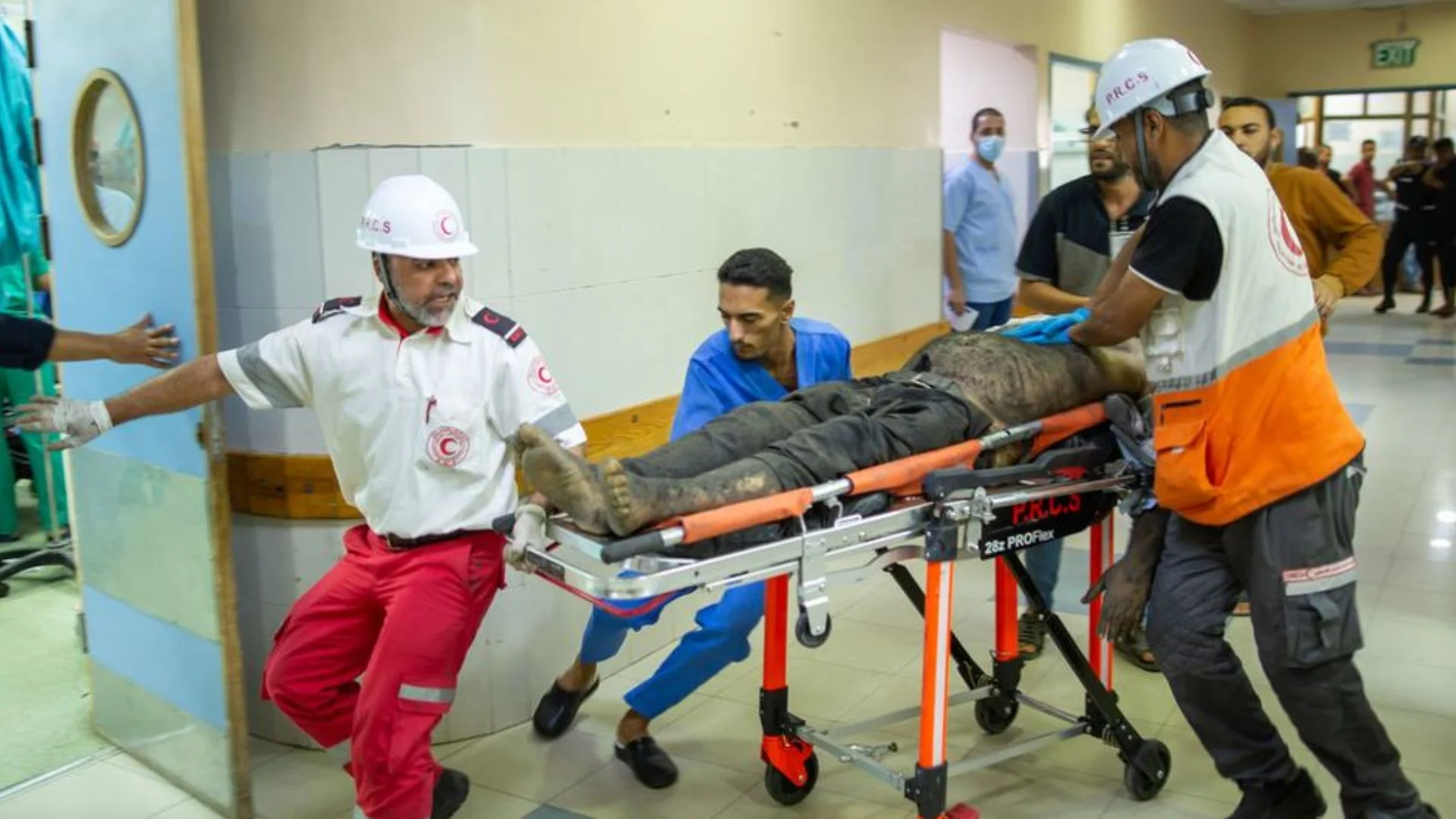The tragic story of people like Maung Maung and April highlights the extreme measures some are driven to in times of profound desperation. In Myanmar, the combination of political instability, economic collapse, and civil war has pushed many into dire financial situations, prompting them to sell their organs to survive.
Maung Maung’s story underscores the impact of Myanmar’s military coup, which has led to widespread poverty and instability. After being tortured and released, Maung Maung and his family faced financial ruin, leading him to sell his kidney to support them. The illegal organ trade he entered involved travelling to India, where he found buyers willing to pay a significant sum.
April’s situation reflects similar desperation. Struggling with poverty and mounting medical bills for a sick family member, she turned to selling her kidney through Facebook groups, a practice that bypasses legal and ethical regulations. Her story reveals the broader issue of how desperate people in crisis regions are exploited in illegal organ markets.
These cases also shed light on the challenges in policing such illicit activities. Despite regulations in countries like India and Myanmar against the sale of organs, agents and middlemen facilitate these transactions, often using forged documents to circumvent legal barriers.
The ethical concerns are profound, as these transactions often involve serious health risks for the sellers and can perpetuate cycles of poverty and exploitation. While the organ trade offers a lifeline for some, it also raises serious questions about the exploitation of vulnerable populations and the need for more effective support systems and legal frameworks to address such crises.







